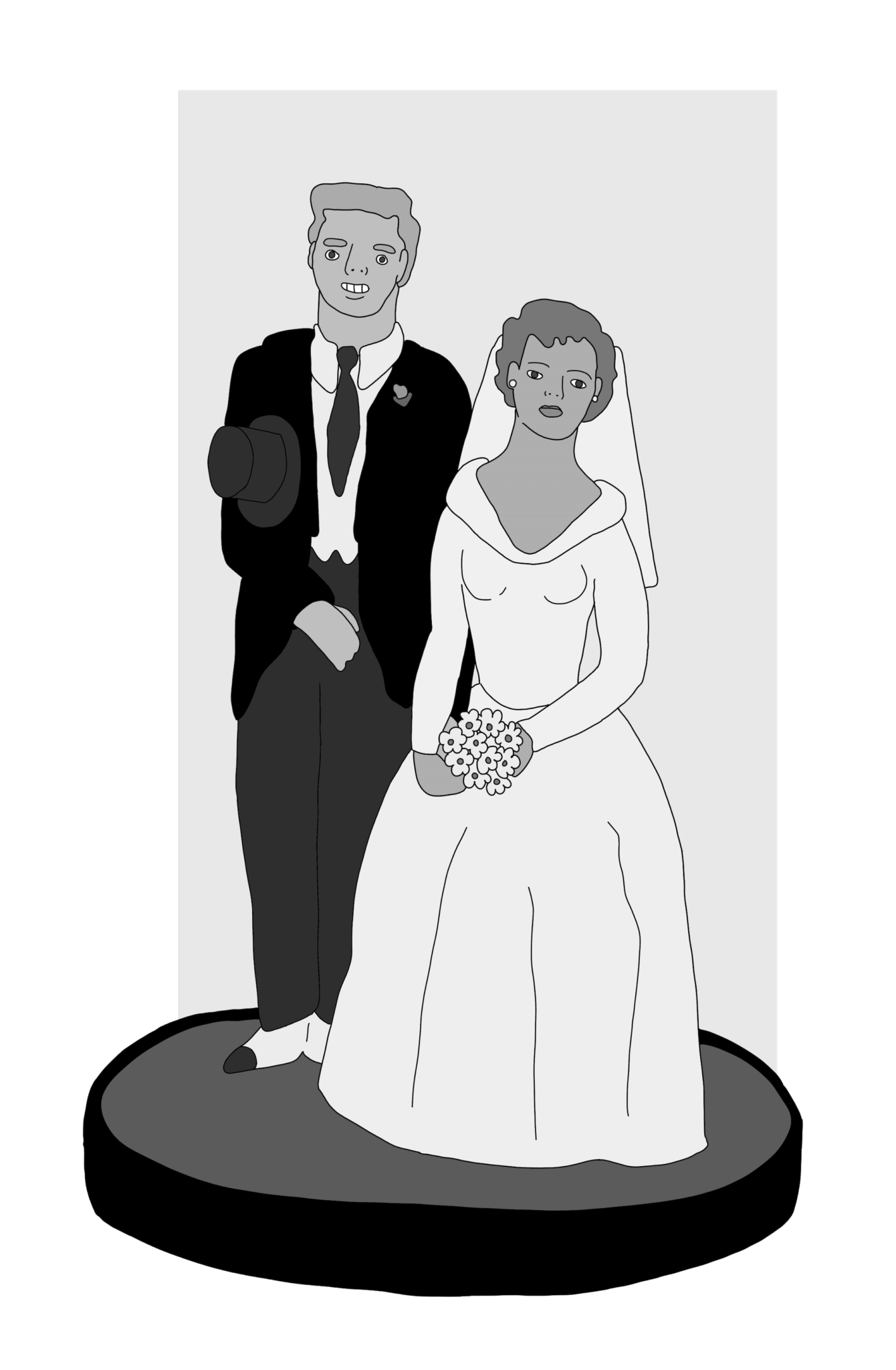
Sophie Henry
My favorite scene from the screen this year comes not from “Marriage Story” but a television show of equal acclaim. In Season 2 Episode 4 of Phoebe Waller-Bridge’s “Fleabag”, the titular character confides to “her” priest in the dark of a confessional booth. They both sip on neat amber drinks. She’s an adulterous friend and he’s a blasphemous priest. They are both bad, very bad. The scene begins with seduction. He invites her into the booth, passing off the sacred space like something he owns though only rents. Fleabag is smart. She knows his game is to bring her as close to him as possible, just to see if he can be so tempted. But she’s smarter, having already taken a big bite of the fruit and lived to tell the tale. In many ways, the Priest is beside the point. She didn’t come to the rectory for him that night. She came for God. But the Priest rallies back to an absent player, inviting her into the confessional booth like it’s something chaste and promiscuous at once. When the Priest asks her what she wants, his voice resonant with an innuendo far from the point, Fleabag speaks: “I want someone to tell me what to wear in the morning.” He laughs. “No, I want someone to tell me what to wear every morning. I want someone to tell me what to eat, what to like, what to hate, what to rage about, what to listen to, what band to like, what to buy tickets for, what to joke about, what not to joke about. I want someone to tell me what to believe in, who to vote for, and who to love, and how to tell them. I just think I want someone to tell me how to live my life, Father, because so far I think I’ve been getting it wrong.” Despite countless errs in judgement and morality, what Fleabag wants more than anything is to be good. The scene is cathartic, sweet, claustrophobic, dark, and bitter. Fleabag, like us, doesn’t think well. But Fleabag, unlike us, is done trying.
While Fleabag finds salvation in small places, Scarlett Johansson in Noah Baumbach’s “Marriage Story” flees to Los Angeles for “the space.” “Marriage Story” is what it sounds like: a story of two people who try their hand at love as an institution. But then things get complicated. He’s happy, she’s not. He wants to be in New York, she doesn’t. She’s lived her life for him, and after all this time, he doesn’t remember her phone number. So, they try out the divorce industrial complex instead. The film goes to great lengths to expose the systems that try to shackle the heart. While matrimony feels like religion, Baumbach presents divorce as its own heretical form of belief. Nicole (Johansson) and Charlie (Driver) select lawyers the way my parents auditioned rabbis and priests for their wedding. Who’s up to the task? Nicole selects Nora (Laura Dern) to officiate the ceremony. Dern, her character reminiscent of the high-powered, chic-veneered Renata in “Big Little Lies,” is more of a guru for the new age (think if Goop had a section on DIVORCE). But Baumbach is careful to avoid anything easy. Nora is smart, too, and she’s fed up. Delivering my second favorite scene of the year, Dern eviscerates mankind with a rapid-fire monologue that travels from the Virgin Mary to hell and back. “The Dad isn’t there. He didn’t even do the fucking because God’s in heaven. God is the father and God didn’t show up so you have to be perfect and Charlie can be a fuck up and it doesn’t matter. You’ll always be held to a different, higher standard and it’s FUCKED up, but that’s the way it is.”
Most of the commentary on the film focuses on its scandalized biases. Baumbach went through a messy public complex divorce himself. Does he treat Charlie, also a successful downtown director, with too much sensitivity? Frankly, I don’t care. To think that art, good art especially, isn’t grounded in real experience is to limit one’s understanding of why stories endure. “Marriage Story”, much like “Fleabag”, is good because it’s true. Divorce is messy. No one knows what or how to think. The difference between “Marriage Story” and “Fleabag” is the treatment of space and control. In “Marriage Story”, Charlie finds control in minimal space, the cramped and crooked streets of New York where can be known and unknown as he wishes. Nicole needs the light and space of LA to see herself clearly for the first time in years. The only thing they can agree on is that whoever’s space wins is the victor, has won control.
Nicole and Charlie try to figure out how to live and who to love by asking and answering questions: to be married or divorced, New York or LA, love or hate. But what Baumbach shows as at the end reveals the futility of such attempts. She ties his shoe and he walks away. After hundreds of thousands of dollars in legal bills and miles flown from New York to LA, the love is still there, it’s just moved around a bit. Likely, Nicole and Charlie don’t know what they believe anymore. Fleabag, on the other hand, knows more than those who still believe that they can think their way to salvation.
Ella Attell | ella.attell@yale.edu







